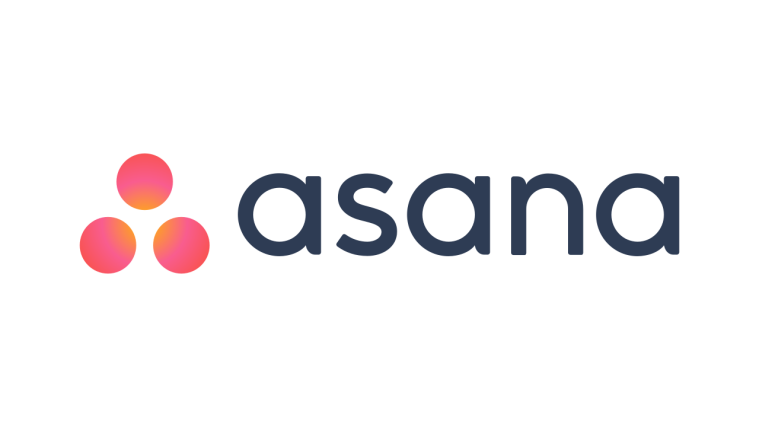Asana, the leading work management app vendor, has officially launched AI Studio, a no-code tool designed for enterprise customers to create generative AI agents that can automate work planning tasks. This new feature, which was initially announced in June, aims to empower users to build autonomous agents capable of performing tasks independently within the Asana platform.
On October 22, 2024, Asana revealed that AI Studio is now available to customers on its Enterprise and Enterprise+ plans in an early access phase. Users have two options to access AI Studio: a free plan with daily usage limits and a paid add-on, although specific pricing details have not been disclosed.
According to Paige Costello, head of AI at Asana, the beta trials have highlighted several key advantages of deploying AI agents. “The key benefits we’re seeing are the speed of decision-making and the overall acceleration of work and reduction in administrative and busy work,” she stated. Additionally, users can track an AI agent’s actions and decisions, allowing them to review the reasoning behind its choices and even reverse decisions if necessary. Costello explained, “You can actually dig into work that has happened and understand why the custom agent that you’ve built made a specific choice and undo the selection that it’s done.”

Customers can select from four advanced language models to power their AI agents, including Anthropic’s Claude 3.5 Sonnet and Claude 3 Haiku, as well as OpenAI’s GPT-4o and GPT-4o mini. However, concerns about the potential for these models to generate inaccurate outputs remain. To mitigate this risk, Asana has implemented safeguards. Costello emphasized that users maintain control over the AI workflows, noting, “People are the decision makers – they’re the ones ultimately accountable for work.” For instance, users can require human approval before an AI agent takes high-risk actions, such as sending an email to an external customer.
While the adoption of AI agents is still in its early stages across many organizations, industry analysts indicate that interest is accelerating. Margo Visitacion, a vice president and principal analyst at Forrester, stated, “Successful deployments will require experimentation, failing fast, and learning from those experiments.” She added, “It takes the right level of oversight, focus on the problems you’re solving, and gathering feedback to ensure you’re using the right model that suits your needs.”
Wayne Kurtzman, research vice president at IDC, echoed this sentiment, highlighting the significant potential of AI agents to enhance workflow efficiency. “The ability to deploy agents in the stream of work, where teams work, and without code becomes a powerful proposition,” he said.
In addition to the AI Studio launch, Asana has introduced several new features aimed at expanding the capabilities of its AI agents. These enhancements include a broader array of potential actions for AI agents, increased control over smart workflow features such as data access and cost management, and a greater context for the AI agents to reference in their decision-making processes.
Dustin Moskovitz, co-founder and CEO of Asana, expressed enthusiasm about the launch, stating, “We’re excited to roll out a no-code builder that lets customers design workflows by simply giving AI instructions in plain language. This level of ease and accessibility to building agents is a big step forward for any company wanting to improve the quality of their work while empowering teams to move faster.”
Despite the increasing availability of technology, many organizations continue to grapple with effective project management and cross-functional collaboration. Asana’s 2024 State of Work Innovation report revealed that employees currently spend 53% of their time on low-value busywork, with only 21% of individuals believing that teams collaborate effectively across the organization. Moskovitz remarked, “Organizations are drowning in tools and crave clarity around how work connects to business goals. They want to free up employee time to focus on the most important work – this is where Asana comes in.”
Through AI Studio, teams can now create workflows that leverage customizable AI agents to perform specific tasks across all stages of work, from intake and planning to execution and reporting. For instance, marketing teams can utilize AI agents to enhance editorial production, campaign planning, and product launches. In the intake phase, AI can prioritize project requests and refine work submissions. During planning, it can conduct research and draft briefs, while in execution, it can draft content, facilitate reviews, and ensure compliance with brand guidelines. Finally, in reporting, it can keep project records up-to-date for real-time decision-making.
Operational and IT teams can also benefit from AI Studio by streamlining their strategic planning and resource management. AI agents can automatically evaluate new project requests, gather necessary information, prioritize projects, estimate resource requirements, and summarize key learnings for reflection.

One example of AI Studio in action comes from Morningstar, a global financial organization. The company has standardized its project management and work intake processes in Asana to improve operational efficiency. With AI Studio, Morningstar’s IT team built a Smart workflow to evaluate new project requests automatically. “Previously, it took two weeks to review a request and gather the information we needed to proceed,” explained Belinda Hardman, Director of Program Management. “Now we can eliminate time spent on manual back-and-forth because Asana AI identifies and captures the information we need right off the bat.”
To support customers in their AI journey, Asana is also launching a comprehensive Collaborative Work Management Certification program, which includes an ‘AI for Work’ skill badge aimed at helping organizations build effective AI strategies. Customers will have access to experts through Asana’s global partner network and professional services.
Asana’s AI Studio marks a significant step forward in the integration of AI into work management, allowing organizations to enhance productivity and streamline processes.
Copyright©dhaka.ai
tags: Artificial Intelligence, Ai, Dhaka Ai, Ai In Bangladesh, Ai In Dhaka, Future of AI, Artificial Intelligence in Bangladesh, Asana



